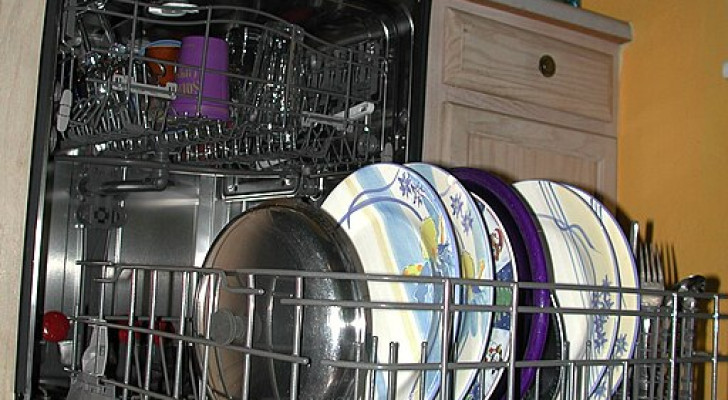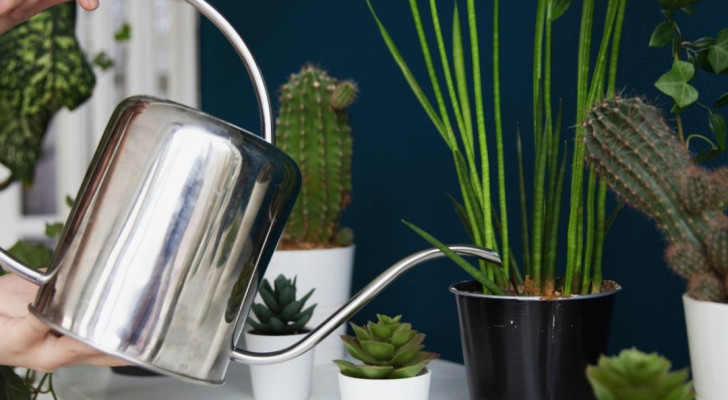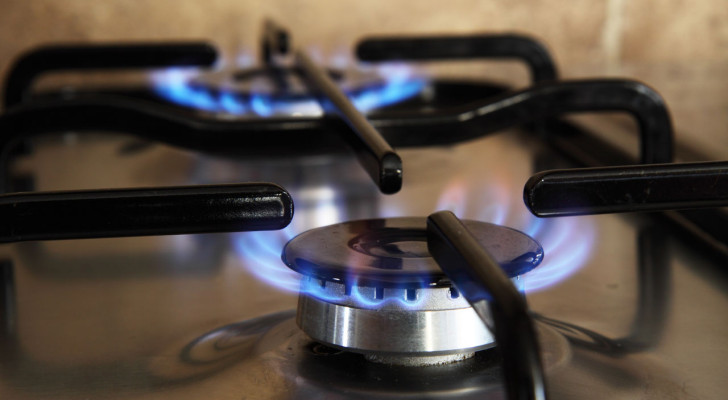Why is it important to use lime on the lawn? Useful tips for doing this at the right time and in the right way
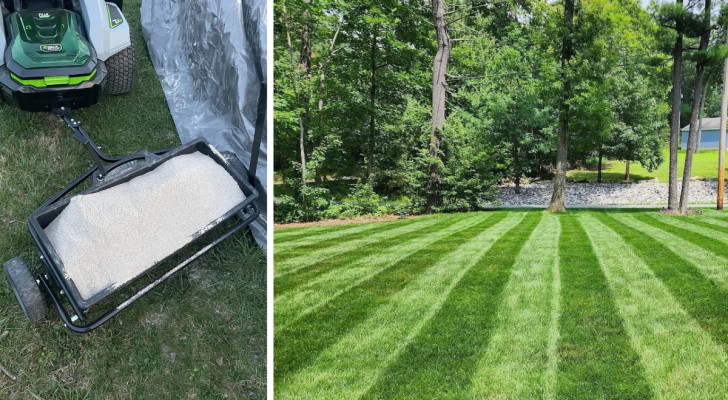
Anyone who has a lawn wants the grass to be dense, green and lush, but unfortunately, this often fails to be the case. Fertilizing is an important step in lawn management, as it provides all the nutrients necessary for healthy grass to grow, but sometimes an extra step is necessary: putting down lime.
Why is this fertilizer important and how and when should it be used? Well, keep reading to find out more:
Why lime is important for a lawn
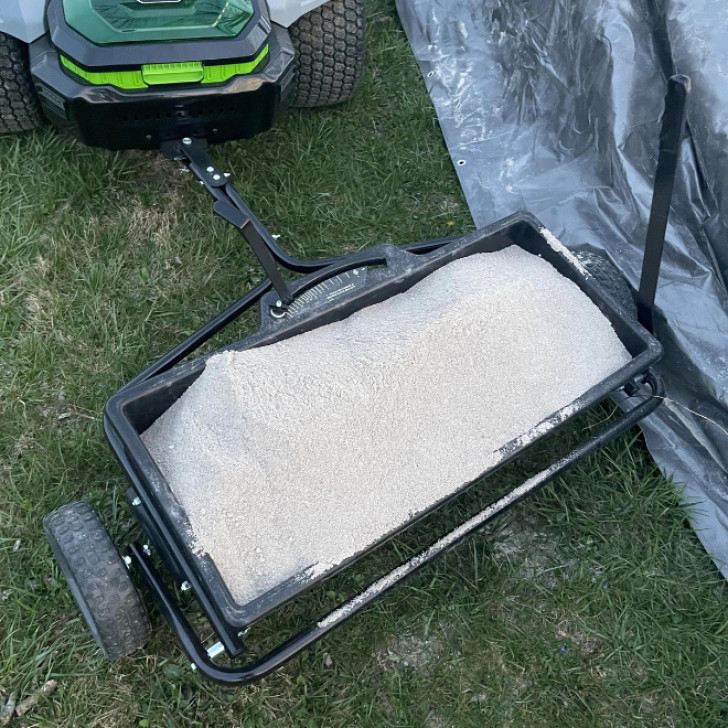
Putting down lime on the lawn - aka "liming" - involves sprinkling the surface of the grass with lime. Lime is an all-natural limestone product that is very rich in calcium and magnesium. These two minerals are useful for correcting the pH levels of the garden soil.
The intake of nutrients by the soil is also facilitated by the acidity of lime. For most lawns, the ideal pH range is between 5.8 and 7.2 and the use of lime in the correct manner can keep these levels constant. In particular, lime helps to counteract over-acidic soil.
But how can you determine if the pH of your lawn soil is too acidic? Well, inspect your garden for these signs: the presence of moss and an increase in weeds - which thrive in acidic soil - is a clear sign; another important sign is when the grass fails to respond to regular fertilizing.
When and how to lime to the lawn
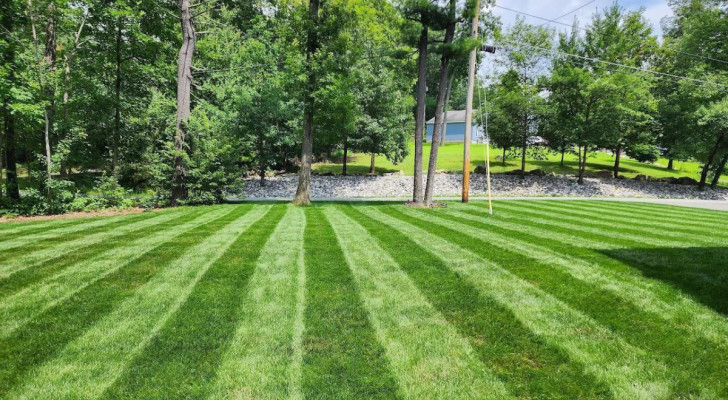
The success and duration of the liming process depend on various factors such as the type of lime, the soil conditions and the application method; generally the best time for this operation is autumn, since lime needs time to decompose and rebalance the soil in time for spring.
The choice of the type of lime to use depends on the type of soil in your garden:
- Limestone-based lime is suitable for sandy soils and has a slower action;
- Agricultural lime is perfect for clay soils and has a faster action;
- Magnesian or Dolomitic lime is a mix of the above two and is suitable for clay soils.
For the correct and uniform liming of the lawn, it is advisable to use a fertilizer spreader. Finely ground lime will be absorbed more quickly into the soil, but can be harmful if handled or breathed in: it is therefore recommended to equip yourself with protective equipment while liming (gloves and mask) and to clean up when you're finished.
Thanks to lime, your lawn will be much greener!
